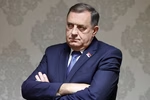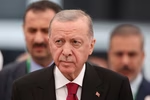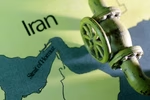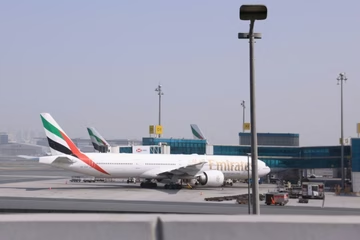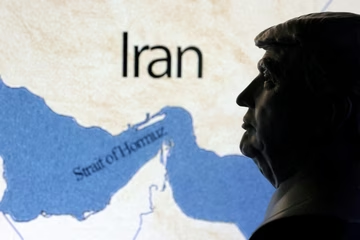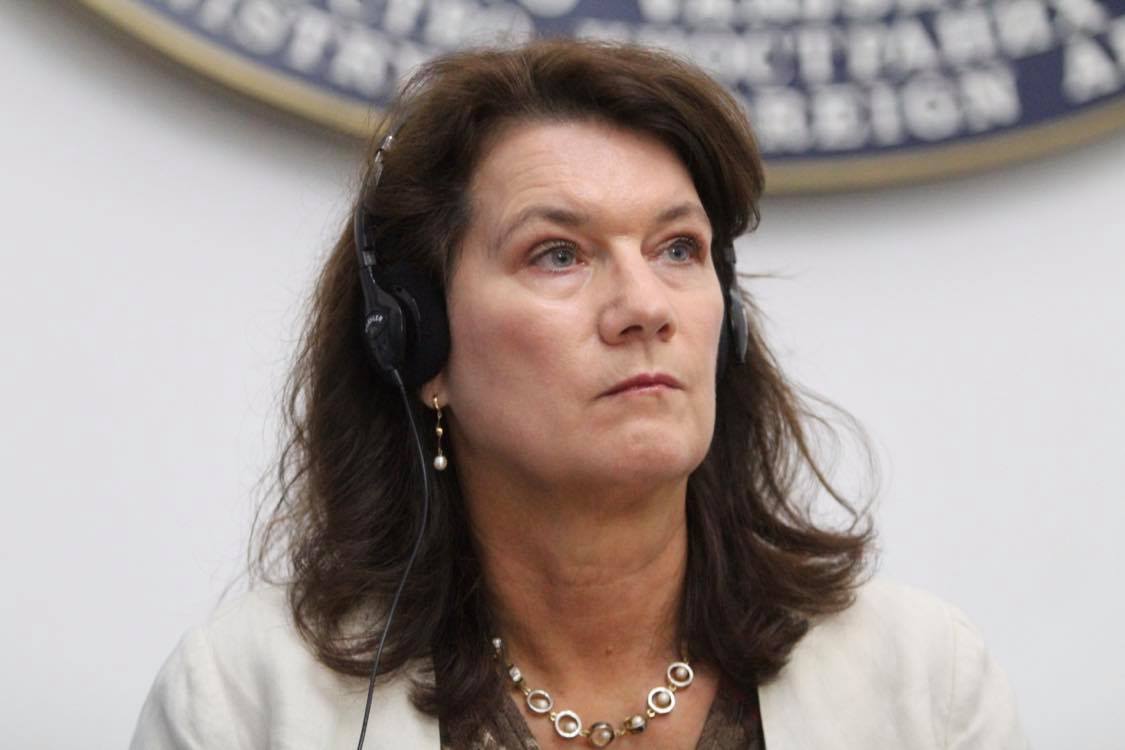
Sweden takes the current political crisis in Bosnia and Herzegovina seriously and it was clear in its support for the country’s sovereignty and territorial integrity, Swedish Foreign Minister Ann Linde said in her response to Swedish MP Magnus Jacobsson who asked her what is their country doing about the recent events in BiH.
“The crisis is more complex for several reasons and root causes than described in the Magnus Jacobsson case. I last visited BiH in October, as OSCE President. At that time, I conveyed to the Presidency and the Minister of Foreign Affairs, among other things, the importance of resolving the political crisis through dialogue and cooperation in order to break the political blockade and return to the necessary reform work.
Sweden has also worked to keep the EU active and coordinated in order to convey clear messages to the country's political leadership and contribute to resolving the crisis. At the part of the meeting of NATO Foreign Ministers to which partner countries were invited on December 1, I emphasized the need to continue international engagement in Bosnia and Herzegovina.
The UN Security Council discussed the situation in BiH on November 2, 2021, regarding the important extension of Operation EUFOR Althea. In talks with like-minded people in the Security Council, Sweden stressed the importance of respecting the Dayton Accords. The EU's military presence continues to play an important role, as confirmed in a strategic review conducted earlier this year. We are also in contact with the UN at the state level to discuss how Sweden can be helpful in BiH.
In this and other contexts, Sweden was clear in its support for the sovereignty and territorial integrity of BiH as a united state. We were also clear that all political leaders in the country should refrain from rhetoric and actions that contribute to the intensification of polarization and crisis, as well as actions undermining the country's rapprochement with the EU.
Sweden recently adopted a new strategy for reform cooperation with the Western Balkans for the period 2021-2027. Support for reforms aims to create stronger conditions for democratic and inclusive development, as well as to contribute to the rapprochement of EU countries and complement EU activities with a focus on fundamental reforms," she said in her response.
Magnus Jacobsson, Member of the Swedish Parliament (Riksdag), drew the attention of the Swedish Minister of Foreign Affairs, Ann Linde, to the situation in Bosnia when he sent a formal written question to the Minister, describing the situation and calling for an end to nationalist separatism (from the Bosnian entity of Republika Srpska), which, with Russia's support, risks destroying BiH.
This question was answered by the Minister of Finance, Mikael Damberg:
"This is an extremely important issue. We are probably among many reading the news from the Balkans right now and seeing how there are signs indicating an increasingly serious situation. And we do not want to end up in a similar situation as in the 90s. I know that Europe is committed there, but our Swedish Minister of Foreign Affairs also spoke about that issue and takes this issue very seriously. I really hope that all good forces can now contribute to the de-escalation of the situation at the international level and, above all, that all parties on the ground will take full responsibility not to contribute to conflicts, but also to the development of violence in the future. I hope and believe that we have a broad political consensus in this House that Sweden - with also a large part of our population that actually has their origins and their relatives, their friends coming from the region – will be there for them when times get worse and now they have deteriorated. And I know and can believe that the Swedish Minister of Foreign Affairs, Ann Linde, will continue to be very involved in this issue and I look forward to good cooperation with the Riksdag parties."
Kakvo je tvoje mišljenje o ovome?
Učestvuj u diskusiji ili pročitaj komentare





 Srbija
Srbija
 Hrvatska
Hrvatska
 Slovenija
Slovenija









